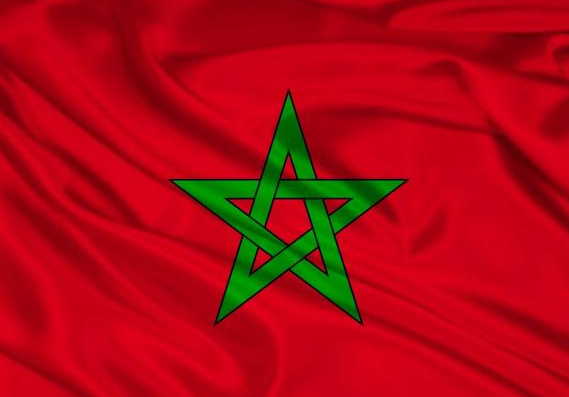On 16 March, King Mohammed VI instructed the Justice Minister, the Minister for Haboos and Islamic Affairs and the President of the National Council for Human Rights (NCHR) to work with several commissions on reforming the abortion law.
A debate was held in Barreau de Rabat on Thursday, 16 April in the presence of the First President of the Court of Appeal, the Public Prosecutor and the Chairman of the Circle of Advocates.
“The work completed by the NCHR was first class because it involved absolutely everyone concerned both closely and remotely with the question of abortion in Morocco: civil society stakeholders, those for and against, politicians and lawyers,” explained Professor Chraïbi, one of the main opponents to backstreet abortions.
The political parties were actively involved in the debate. On Monday, the PPS[1] presented a memorandum expressing its recommendations for abortion. It proposes to authorise abortion up to 40 days, “based on the wishes of the woman concerned and a medical report”. Other parties such as the USFP[2], RNI[3] and PAM[4] have also expressed their desire to see the abortion law reformed.
The period up to which an abortion can be authorised is at the heart of the debates and the main reason for dissent with “some estimating that the foetus is alive 6 weeks after conception” whereas, on the other hand, “pro-abortion associations promote the choice of the body above all”. The latter would like to authorise abortion on the wishes of the woman concerned, even if her life is not in danger. However, “the majority of Moroccans are not ready to hear that”, pointed out Doctor Chraïbi.
Each commission must now submit its report to the king and his advisors before the draft bill goes to Parliament to be discussed by the commission and voted upon in a plenary session.
[1] Parti du progrès et du socialisme (Party for Progress and Socialism)
[2] Union socialiste des forces populaires (Socialist Union of Popular Forces)
[3] Rassemblement national des indépendants (National Assembly of Independents)
[4] Parti authenticité et modernité (Party for Authenticity and Modernity)
HuffPost Maroc (21/04/2015)

